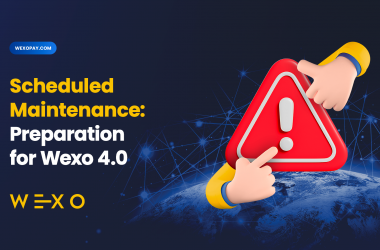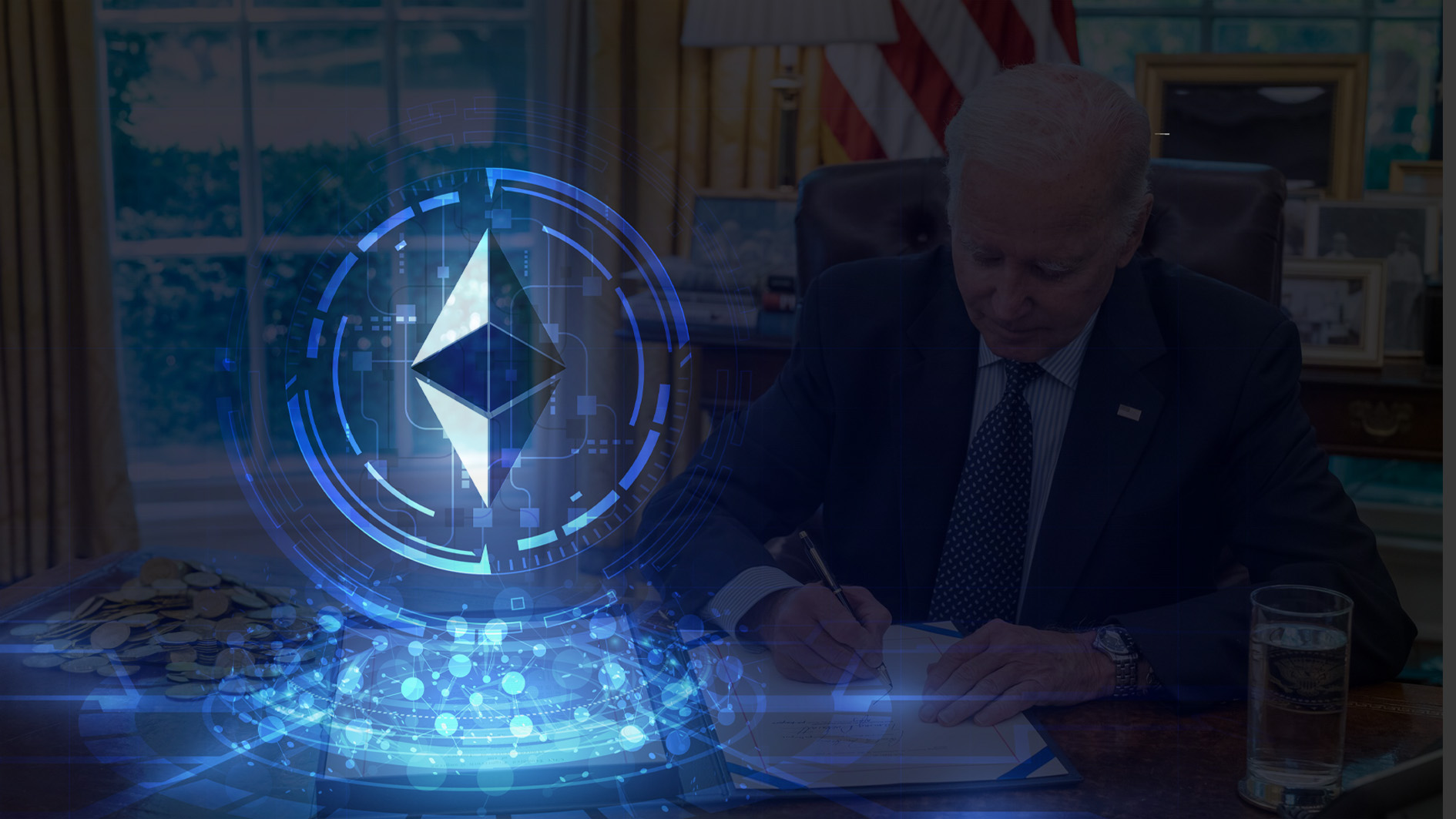Tether invests $1 Billion in Bitcoin mining project using renewable energy in El Salvador
BITCOIN (BTC) ETHEREUM (ETH) MINING07-Jun-2023

TOP-Beiträge

New Wexo Cashback App: More than cashback
Wexo launches a new generation of its Cashback app – a modern platform where you earn real value in Bitcoin, gold,...
Mehr lesen
Wexo 4.0 Is Coming: What to Expect from the Scheduled Maintenan...
We’re getting ready to launch Wexo 4.0 with a major infrastructure upgrade. Learn what’s changing, why a new passwo...
Mehr lesen
Deflation in Action: 3,541,053 WEXO Tokens Burned
The fifth burn round has permanently removed over 3.5 million WEXO tokens from circulation. Learn what this means f...
Mehr lesenTether, the issuer of the USDT stablecoin, partners with Bitcoin-friendly El Salvador in a $1 billion renewable energy project. The ambitious plan entails creating an energy park funded by Tether and other investors. This energy park, boasting a capacity of 241 MW, will employ photovoltaic solar panels and wind power plants to harness renewable energy.
The aim of this endeavor is to leverage solar and wind energy for Bitcoin mining, aligning El Salvador's efforts to advocate and advance Bitcoin, since it became the first country to adopt BTC as legal tender. The energy produced by this renewable park will supply Bitcoin mining farms in the country. Tether estimates the computational output of the park to reach 1.3 EH/s, positioning it among the major players in Bitcoin mining. Notably, over 52% of Bitcoin mining is currently powered by renewable energy, illustrating the country's push for environmentally friendly solutions in this sector.
Through this initiative, Tether also expresses its commitment to support renewable energy and infrastructure for cryptocurrency mining. The Volcano Energy project, as this energy park is named, aspires to exemplify Bitcoin mining using renewable energy sources. This project contributes to the growing trend of sustainable Bitcoin mining and bolsters El Salvador's position as a leader in the crypto ecosystem.
US debt ceiling causes declining trust in banks, sending ETH staking to record highs

May witnessed a historical peak in Ethereum staking due to a confluence of factors such as the US debt ceiling situation, distrust in the US dollar, banking collapses, and high-interest rates for staking ETH. The number of staked Ether reached 2.96 million ETH, accounting for 2.46% of the total circulation.
The situation surrounding the rising US debt ceiling and banking collapses is influencing Ethereum's popularity. An increasing number of investors are choosing to stake ETH instead of storing their assets in banks. Additionally, the Annual Percentage Rate (APR) for staking ETH is around 5.4%, providing a more lucrative option than most banks worldwide. These factors contributed to the record surge in Ethereum staking this May.
Despite restrictions and distrust in the traditional financial system, Ethereum and ETH staking are gaining popularity. They are becoming a preferred choice for investors looking for alternative options and more stable appreciation of their assets. This trend could persist as more investors turn to digital assets and decentralized financial tools as part of their investment strategy.
MiCA officially signed by the European Parliament

The European Union has taken a significant step in regulating crypto assets, as its representatives have officially approved a framework known as MiCA. This regulatory framework, first proposed in 2020, aims to harmonize rules regarding cryptocurrencies across all EU member states.
The MiCA approval process was complex and lengthy, involving multiple institutions and extensive discussions. On May 31st, MiCA was officially approved, with Peter Kullgren, the Swedish Minister for Rural Affairs, and Roberta Metsola, President of the European Parliament, confirming this new framework.
MiCA is now set to be officially published in the Official Journal of the European Union, upon which it will come into effect. Many of its regulations relating to cryptocurrency businesses are expected to be implemented in 2024. In light of the volatility of the crypto market in 2022 and bankruptcies of firms like FTX, BlockFi, and Celsius, some lawmakers have highlighted the need for an expanded framework. This proposal, known as "MiCA II," has already been put forth by Christine Lagarde, the President of the European Central Bank.
